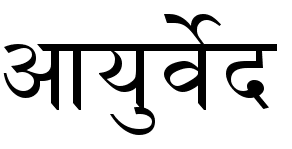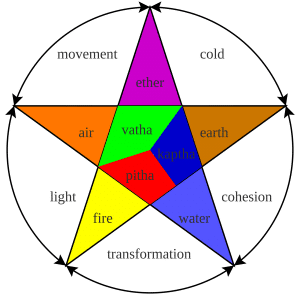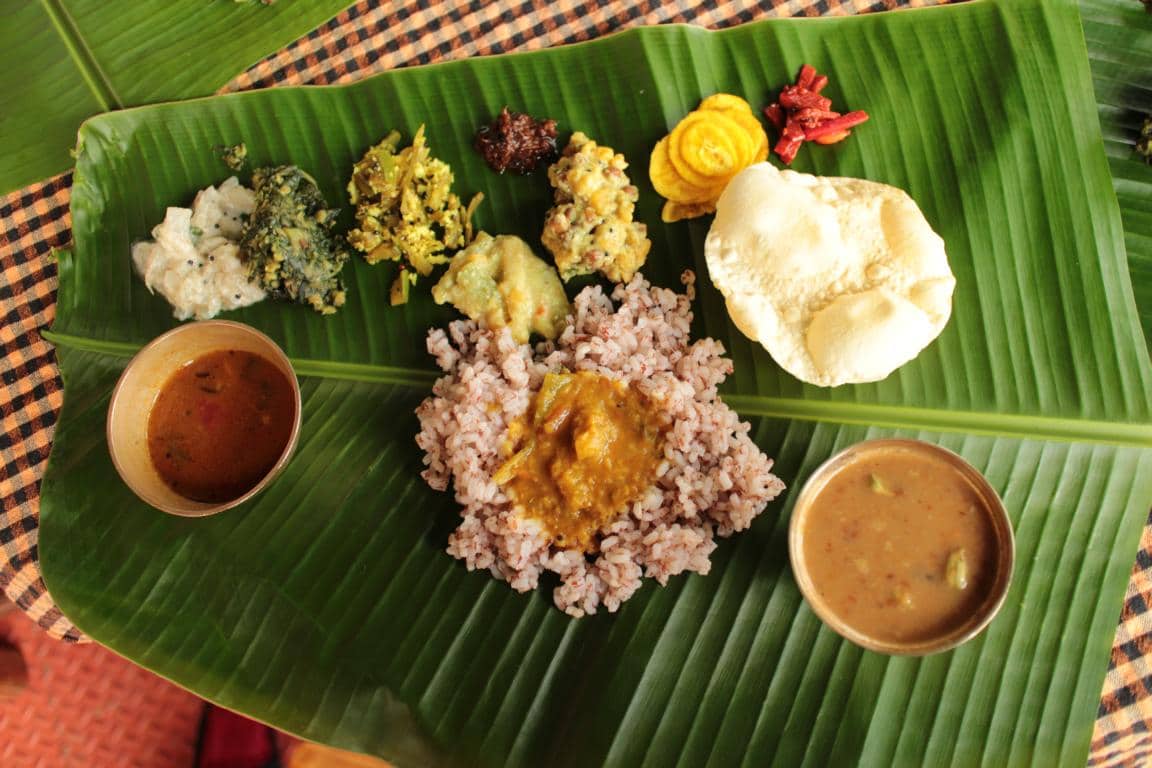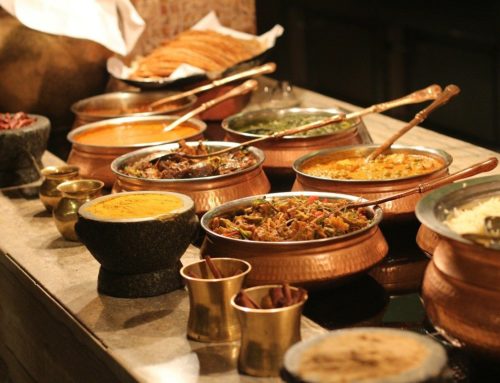![]()
When hearing the word Ayurveda, many people automatically think about relaxing oil massages and traditional sitar and tabla sounds in the background. Something soul-cleansing, the touch of expert hands and soothing music caressing a tired body and a stress-riddled mind. No one thinks of enemas, strict diets or full-time schedules and long lists of rules. That’s certainly not as romantic, but Ayurveda is so much more than just a wellness program. It is a guide for life. A whole philosophy.

Ayurveda is a composite term formed by combining two Sanskrit words: Ayus and Veda. Ayus means and accounts for life, while Veda represents knowledge. Ayurveda then can be translated as “the science of life”, and it is a method and a way to live happily and healthy. Ayurveda is much more than just a few oily strokes on a tense back: it is a complex and detailed program that leads to a better and healthier lifestyle.
Ayurveda is also not an esoteric humbug made up just to trick a few euros out of gullible purses, but one of the oldest sciences in the world, fully dedicated to pursue human health and both understand and eradicate disease. Ayurveda takes a holistic approach to health, and comprises all the many aspects of human well-being: physical, mental, emotional and spiritual.
![]()
Kapha . Pitta . Vata
3 Principles of Life

Man is defined by three doshas (life principles). These three doshas are organized in a personalized way for each individual human being. Usually one or two doshas are more dominant or pronounced, but sometimes all three may be influential in approximately the same manner. The human being is healthy when the three doshas are in balance. This equilibrium, however, does not mean that all three are equally strong: each person has his or her own Prakriti – a natural constitution or state, a personal balance – which must be maintained. If one or more doshas become unbalanced, the person becomes ill, and one speaks of the Vikriti – a state of disease – which is to be treated.
The three doshas are called Kapha, Pitta and Vata and each is characterized by different properties and principles. They are also determined by the 5 elements.
• Kapha: principle of stability/structure; Elements: earth + water
• Pitta: principle of fire/mutability; Elements: water + fire
• Vata: principle of motion; Elements: air + ether
To determine the constitution of an individual is a very complicated matter, which requires a very precise and long anamnesis, and one should therefore turn to an experienced person. Nevertheless, it is possible to find several “ayurvedic” questionnaires on the internet that claim accuracy despite comprising just a few generic questions. The results of such online tests are at the very least questionable, but sometimes it can be fun to play …
![]()
Diet: Food is medicine
In Ayurveda, the diet plays a very important role. “You are what you eat” is one of its highest principles. Through our diet we are able to keep our doshas balanced, and when the diet is inappropriate the equilibrium between them is lost and we become ill. For example, a Pitta personality, which is basically a person very much determined by the element fire, will get eventually problems if she regularly eats very spicy food.
All food can be described and categorized according to the 6 fundamental tastes (rasas):
•sweet
•salty
•sour
•astringent
•bitter
•pungent/spicy
Kapha should focus on astringent, bitter, and spicy foods and omit sweet, salty and sour ones.
Pitta should swerve away from salty, sour, and spicy foods, and focus on those sweet, bitter and astringent.
Vata in turn can eat sweet, sour and salty without problems, and should minimize consumption of the other three.
But since we are often also mixed types, it is not always so simple, and we need help from an expert. Or you have to learn to properly listen to your own body. Unfortunately, many people have forgotten how to do that.
![]()

![]()
Quick tips for a better life
Although Ayurveda advises against generalizations, there are a few commonplace rules that can do a lot of good:
•eat with a plan, not randomly
•eat again only after the last meal has been properly digested (approx. 4 hours)
•lunch should be the most important meal of the day, since the digestive tract works at its best at this time
•eat calmly and focus your mind on the food
•do not eat more than two handfuls
•warm, cooked, fresh food is always preferable to cold, raw food
•drink boiled, lukewarm water (do not drink cold water)
•never eat too late (at least 2-3 hours before going to bed)
•the dinner should be light and easily digestible (no raw food in the evening)
•do not go to sleep too late – the body recovers better between 22:00 and 2:00 o’clock in the morning
•no daytime sleep (resting is ok)
We would like to continue giving you some ayurvedic tips in the next few blog posts. So check back often, or follow us on Facebook, where you can be instantly notified whenever we publish a new tip! Follow us on Facebook!
![]()
 Take a look at our Ayurveda and Yoga resorts, where you can get professional support on your way to a healthier and happier life. These are not mere wellness temples, but well-run resorts with authentic Ayurveda treatments and Yoga classes. You can be confident you will be in good hands.
Take a look at our Ayurveda and Yoga resorts, where you can get professional support on your way to a healthier and happier life. These are not mere wellness temples, but well-run resorts with authentic Ayurveda treatments and Yoga classes. You can be confident you will be in good hands.






